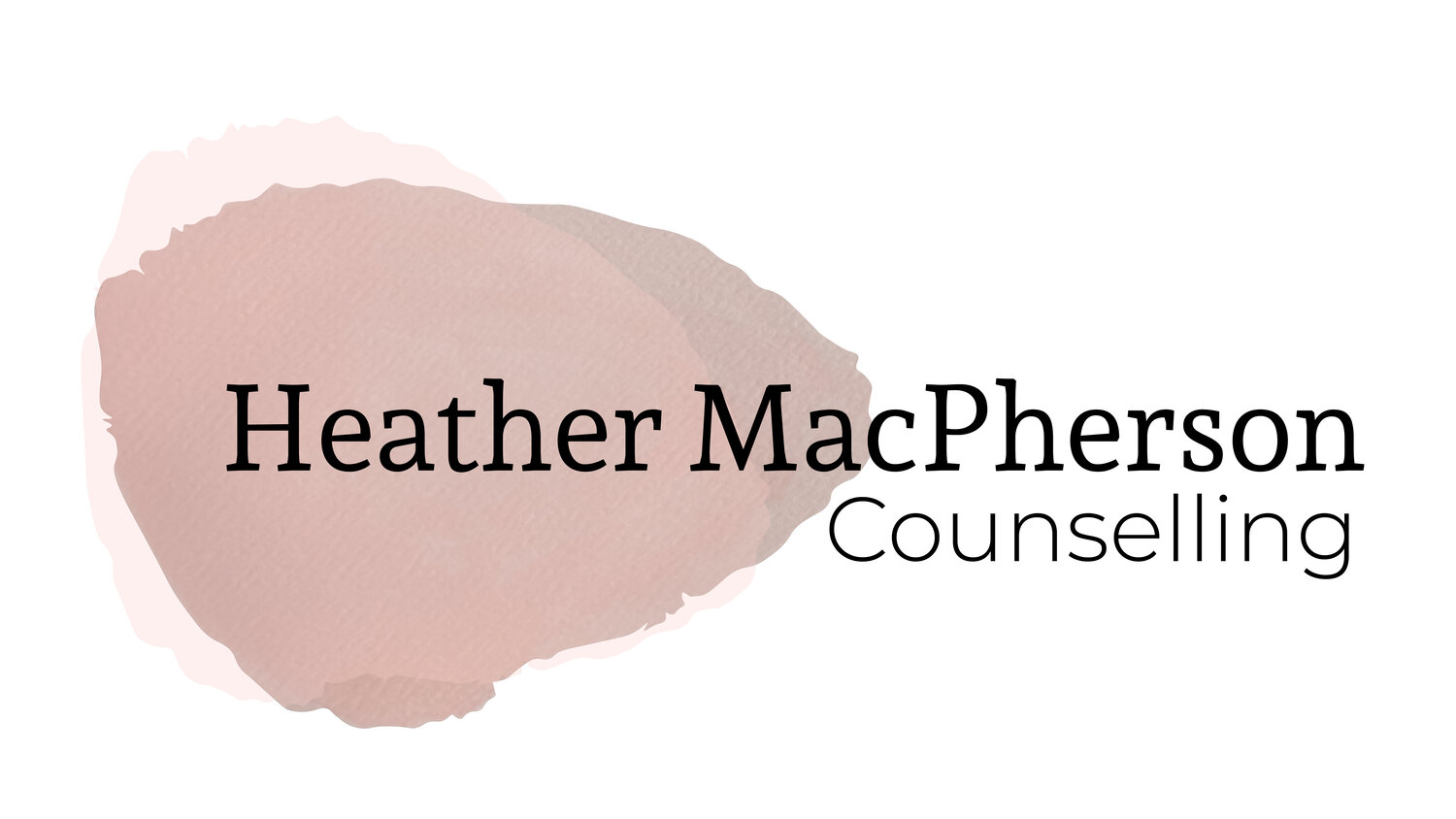Avoiding Painful Emotions
I came across this video which I think very accurately describes the difficulties some people face. It discusses how, as humans, we classify difficult feelings and emotions as things to avoid and move away from. Makes sense, right? It seems normal to want to move towards more comfortable emotions. However, this can be a trap, because it can keep us moving away from difficult emotions and feelings – even if pressing through them could actually be beneficial for us.
For example: if eating causes an individual with an eating disorder great anxiety or fear, he or she would naturally want to avoid the painful emotions, likely by avoiding food, or by purging it.
If touching a doorknob or money causes anxiety to an individual with OCD, he or she would likely avoid touching these objects in order to move away from the uncomfortable feeling of anxiety.
Sounds legit! BUT… what if we need to experience uncomfortable emotions and feelings in order to reach a certain goal (i.e. recover from an eating disorder, OCD, depression, anxiety, BPD, trauma etc)? It makes sense that an individual with an eating disorder will eventually need to (with support from a counsellor or a loved one) encounter and feel the anxiety that stems from ingesting food if the person wants to heal from the eating disorder. Likewise, a person with OCD, if they want freedom from the symptoms, will need to face (with support) the anxiety that is expereinced with touching certain objects. Thankfully, with the right help, a person can be supported to move toward and through difficult emotions into healing. It’s very possible!
Sometimes it is painful to go through. But if we don’t go through and experience difficult emotions, we risk the possibility of having a much more difficult time experiencing change, healing, or recovery.
This video by The Career Psychologist (https://www.youtube.com/channel/UCGVMDGOOTXY7cDHTjd7OYAA) does an excellent job at explaining how avoidance of painful emotions can actually keep us from what we really want.
Take good care of YOU,
Heather MacPherson
The Career Psychologist (2014). Headstuck: What is experiential avoidance?
. Published March 12, 2014. Retrieved from https://www.youtube.com/watch?v=C-ZuqeyxULM

